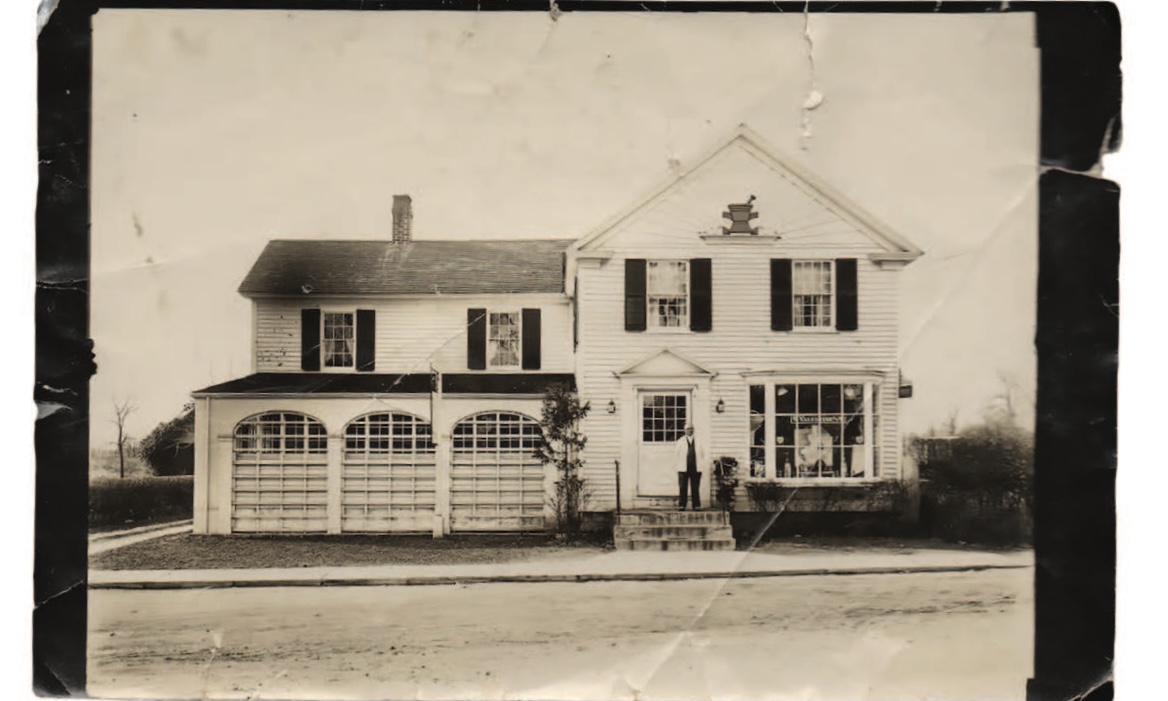Writer, activist, and pharmacist: The legacy of Ann Petry
Writer Ann Petry (née Lane) (1908– 1997) learned the pharmacy profession from her father, Peter Clark Lane at the Lane Pharmacy. He was one of Connecticut’s first licensed pharmacists and opened the first pharmacy in Old Saybrook. Ann’s mother was a shop owner, chiropodist and hairdresser.

After graduating from high school, Petry attended the University of Connecticut College of Pharmacy and graduated with a PhD (Pharm) in 1931. However, after a few years of working in the family business, she dedicated herself to writing, her first love.
She married George Petry in 1938, and they moved to New York where she worked for the Amsterdam News in Harlem. She had several news stories published over the next few years and immersed herself in political causes with activists, labour leaders, artists, actors and writers.
Her first short story, “Like a Winding Sheet,” was awarded Best American Short Story in 1946. However, she is best known for her books. Her first novel, The Street (1946), won the Houghton Mifflin Literary Fellowship. That book sold over one million copies — Petry was the first Black woman in America to achieve this milestone. Other books include Country Place and The Narrows. The Drug Store Cat is based on her time working in the family pharmacy. Petry also authored short stories and children’s books.
Petry lectured across the United States and was a visiting professor of English at the University of Hawaii. In a speech that was published in Horn Book Magazine, Petry talked about the importance of teaching young people about the Black men and women who helped build America.
Petry and her husband returned to Old Saybrook in 1947 as activists but came under increasing scrutiny. That led to McCarthyism becoming the political background of her novel The Narrows (1953). The site of the family pharmacy was listed on the National Register of Historic Places in 1994.
“Look at [Black men and women] and remember them. Remember for what a long, long time black people have been in this country, have been a part of America: a sturdy, indestructible, wonderful part of America, woven into its heart and into its soul. . . . These women were slaves. I hoped that I had made them come alive, turned them into real people. I tried to make history speak across the centuries in the voices of people — young, old, good, evil, beautiful, ugly." ANN PETRY, HORN BOOK MAGAZINE
Excerpt taken from Dr. Neal M. Davies' upcoming book Unsung Heroes in the World of Pharmacy. Preorder now.